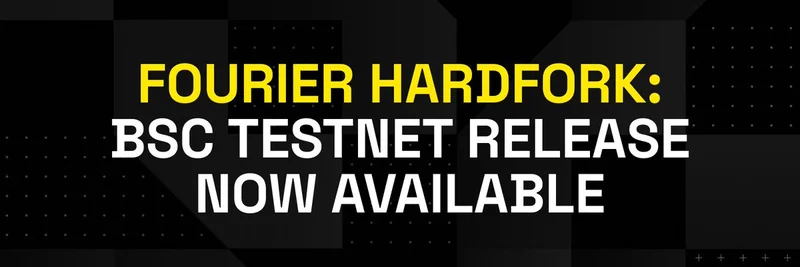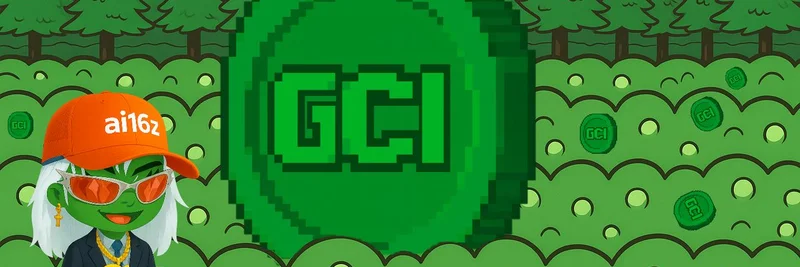Hey there, meme enthusiasts and blockchain practitioners! If you’ve been scrolling through X lately, you might have stumbled upon a heated debate about YouTube’s upcoming ID verification policy. Posted by Shadzey1 on July 31, 2025, the tweet warns, “Hope yall are ready for every single website to demand your id before you can enter it. This is Patriot Act shit all over again where this is going to be abused to the ends of time.” This post, quoting an earlier thread about YouTube’s new rules, has sparked a firestorm of reactions—ranging from outrage to calls for alternatives. Let’s dive into what’s going on and what it means for you.
What’s Happening with YouTube?
Starting August 13, 2025, YouTube will extend its teen protections to all U.S. users estimated to be under 18. This includes limiting digital wellbeing tools, showing only non-personalized ads, and—here’s the kicker—potentially requiring ID verification. The idea is to use AI to assess user ages, but if the system isn’t sure, it might ask for a credit card or government ID to confirm you’re over 18. This move, detailed in posts from Pirat_Nation, has left many users uneasy.
Why the Privacy Panic?
Shadzey1’s tweet compares this to the Patriot Act, a post-9/11 law that expanded U.S. government surveillance powers. Back then, it allowed mass collection of phone records under Section 215, raising fears of overreach. Today, the concern is that mandatory ID checks could strip away online anonymity—a cornerstone of internet freedom. As noted in a Belfer Center article, anonymity protects marginalized groups like activists, journalists, and even meme creators who rely on pseudonyms to share bold ideas without fear.
The X thread shows a mix of reactions: some users, like MichiganGunGuy, are ready to ditch YouTube rather than hand over their IDs, while others suggest sending ridiculous alternatives (looking at you, nw_wolfrunner). The fear? Once IDs are required, companies could track you more closely or even share data with governments, turning the internet into a “driver’s license” zone.
The Slippery Slope Argument
Shadzey1 and others, like AnonSidious, call this a “slippery slope.” If YouTube gets away with it, other platforms might follow, eroding privacy across the web. This resonates with blockchain fans who value decentralized, anonymous systems—think Bitcoin or Ethereum, where you control your identity. For meme token creators on meme-insider.com, this could mean rethinking how you engage with audiences without exposing personal details.
Alternatives Are Heating Up
The good news? People are already eyeing alternatives. Dianexis and others point to platforms like Rumble and Odysee, which offer freer speech policies and no ID hassles. A recent Fourthwall article lists 13 YouTube alternatives, including Playeur and Vimeo, perfect for creators looking to monetize without Big Tech’s grip. These platforms could become hotspots for meme token communities seeking unfiltered expression.
What This Means for Meme Tokens and Blockchain
For those in the meme token space, this is a wake-up call. Platforms like YouTube have been key for spreading hype around tokens, but with ID requirements, creators might shift to decentralized video hosts or even blockchain-based solutions. Imagine a future where meme-insider.com curates content from peer-to-peer networks—keeping your identity safe while you explore the latest Dogecoin or Shiba Inu trends.
Final Thoughts
YouTube’s ID verification push is more than a tech update—it’s a privacy battleground. Whether you see it as a necessary safeguard or a step toward mass surveillance, the X thread shows the internet isn’t taking it lying down. As a blockchain practitioner, now’s the time to explore alternatives and protect your digital freedom. What do you think—will you stick with YouTube or jump ship? Drop your thoughts in the comments, and stay tuned to meme-insider.com for more updates on this evolving story!


